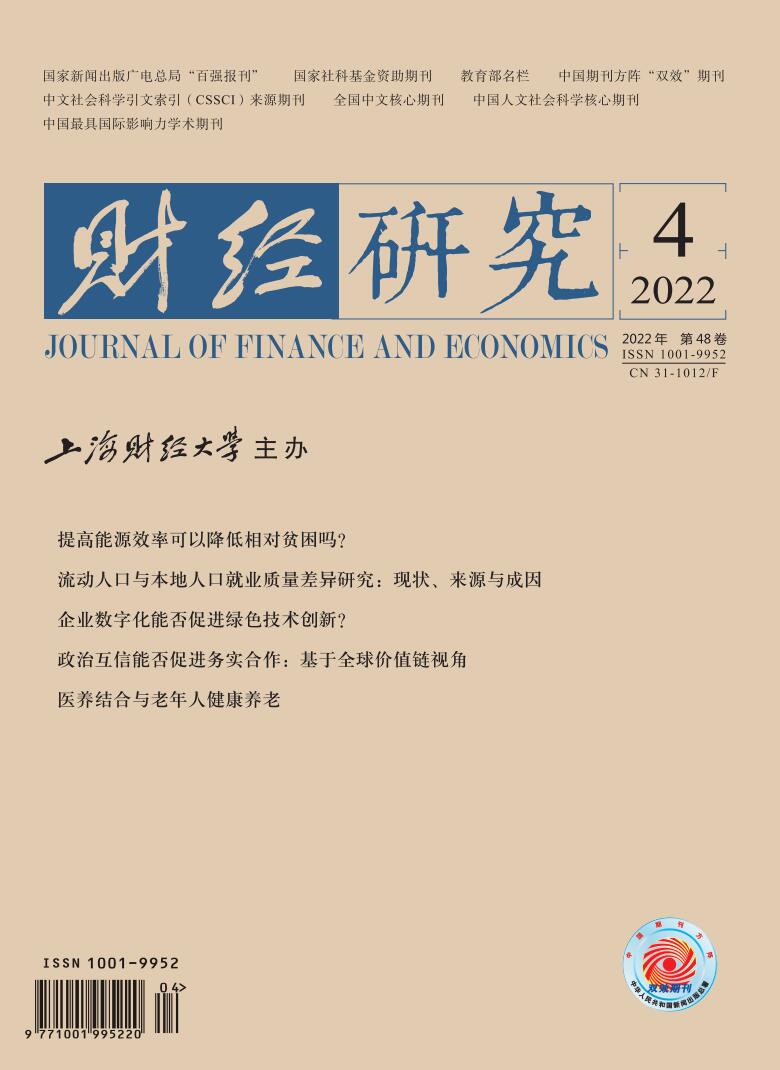Keeping the growth of residents’ income in line with economic growth is one of the major indicators of China’s economic and social development during the 14th Five-Year Plan Period; and increasing labor income share is an important mechanism to improve residents’ income and distribute benefits from economic development. In this context, it is of great significance to explore how to increase labor income share for achieving the goals of economic and social development and alleviating principal conflicts faced by the Chinese society in the new era.
Given the important impact of labor income share on economic and social development, the determinants of labor income share have been extensively studied in the literature from a number of perspectives. However, it is worth noting that few studies have focused on the role played by the design and changes of capital market systems. Among the many fundamental systems, the short-selling mechanism is regarded as an essential component of capital markets. Therefore, this paper uses the introduction of margin trading and short-selling in China’s stock market as a quasi-natural experiment to study the impact of relaxing short-selling constraints on labor income share.
Based on the data of A-share listed companies from 2007 to 2019, this paper finds that the implementation of short-selling significantly increases the future labor income share of listed firms. The further evidence shows that: (1) Alleviating future financing constraints is an important channel through which short-selling increases labor income share. (2) The implementation of short-selling significantly decreases the future debt cost of listed firms. (3) The positive correlation between short-selling and labor income share is more significant among the firms with higher information asymmetry and weaker corporate governance. (4) The competitive hypothesis that “the threat of short-selling worsens product market performance” does not affect the conclusion.
This paper makes several important contributions: Firstly, it enriches the literature on the determinants of labor income share by verifying that the short-selling mechanism is one of the important factors that affect labor income share. Secondly, it extends the literature on economic consequences of the deregulation on short-selling constraints by correlating it with a vital dimension of corporate income distribution decision, namely, corporate labor income share. Finally, it holds important policy implications. Under the background that the central government proposes to build “the new development paradigm with domestic circulation being the mainstay”, by continuously promoting the reform and innovation of the capital market system, it is conducive to increasing labor income share, improving the income distribution pattern, and thus consolidating the foundation for building a complete domestic demand system.





 5991
5991  6204
6204

